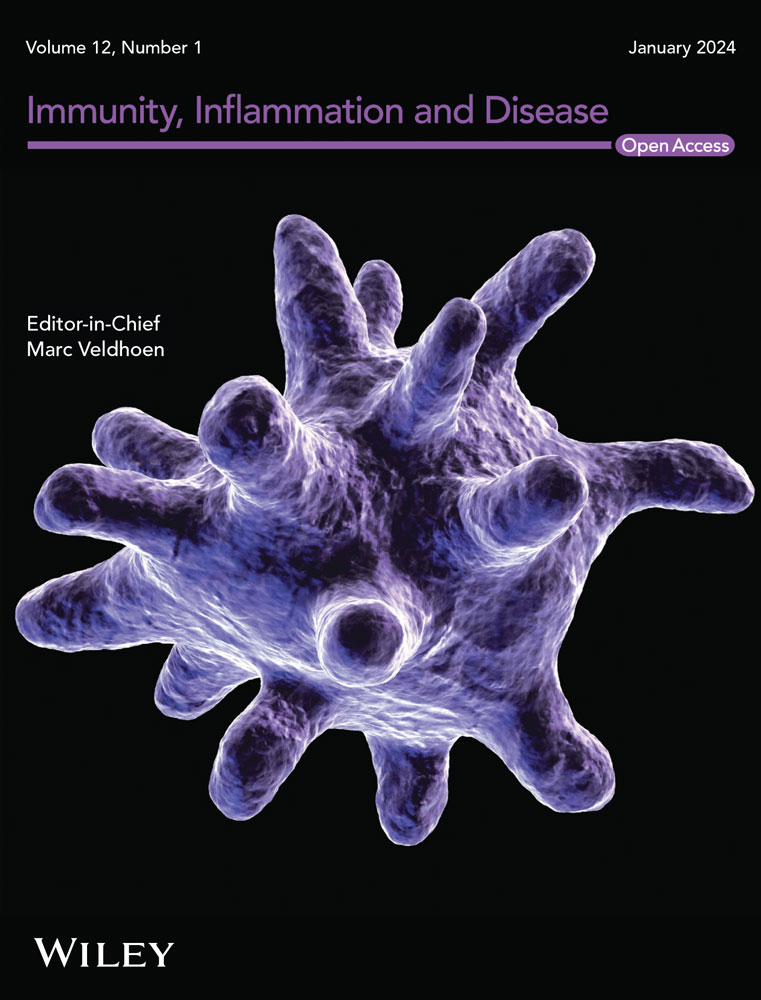Changes in Serum Immunoglobulin Levels Play as Predictors of Treatment Response and Prognosis in Pediatric Idiopathic Nephrotic Syndrome During the Remission Phase
Abstract
Background
Nephrotic syndrome is an immune-mediated renal disorder characterized by T-cell and B-cell dysfunctions with changes in immunoglobulin (Ig) levels and the IgG:IgM ratio. Therefore, this study aimed to determine whether the serum level of Igs can be considered as an index to predict the response to treatment and the prognosis of idiopathic nephrotic syndrome (INS) in children in the remission phase.
Methods
The study population consisted of 38 children with INS in the remission phase and 38 age- and sex-matched healthy children. Blood samples were collected from participants and serum values of IgG, IgM, IgE, and IgA were measured using EISA KITS from Aptech Services. The IgG:IgM ratio was studied in the participants.
Results
Patients significantly increased IgM and IgE levels compared with healthy subjects, unlike IgG and IgA values (p < 0.001–0.05). Patients with steroid-resistant nephrotic syndrome (SRNS) had a significant increase in IgM levels compared with those with steroid-sensitive nephrotic syndrome (SSNS) (p < 0.05). While, subjects with SRNS showed significant reductions in IgG and IgA values (p < 0.01). There were significant differences in the levels of IgG and IgM between steroid-sensitive patients with and without a history of relapse (p < 0.01). Furthermore, patients with steroid-independent and frequently relapsing NS showed a significant increase in IgE value compared with that of subjects with steroid-dependent and relapse (p < 0.05). The ratio of IgG/IgM was significantly reduced in patients compared with healthy individuals (p < 0.05). Other results indicated that there was a significant difference between patients with steroid-independent and steroid-dependent who had a history of relapse (p < 0.01).
Conclusion
Alterations in serum Ig values can be considered as predictors of treatment response and prognosis in pediatric idiopathic nephrotic syndrome during the remission phase.


 求助内容:
求助内容: 应助结果提醒方式:
应助结果提醒方式:


